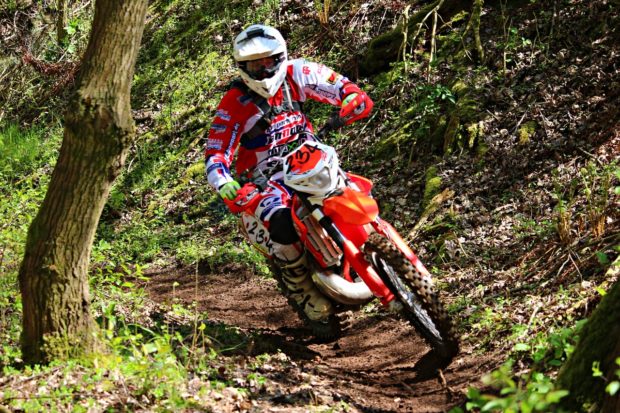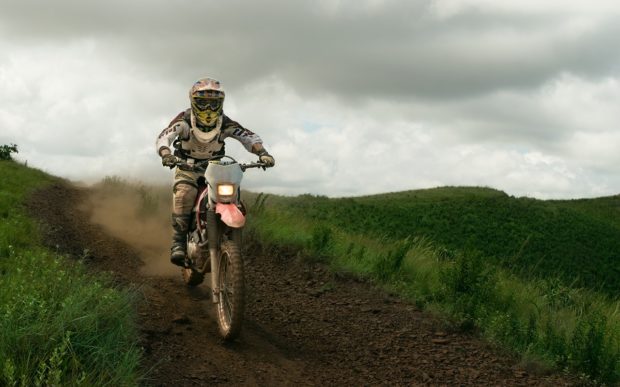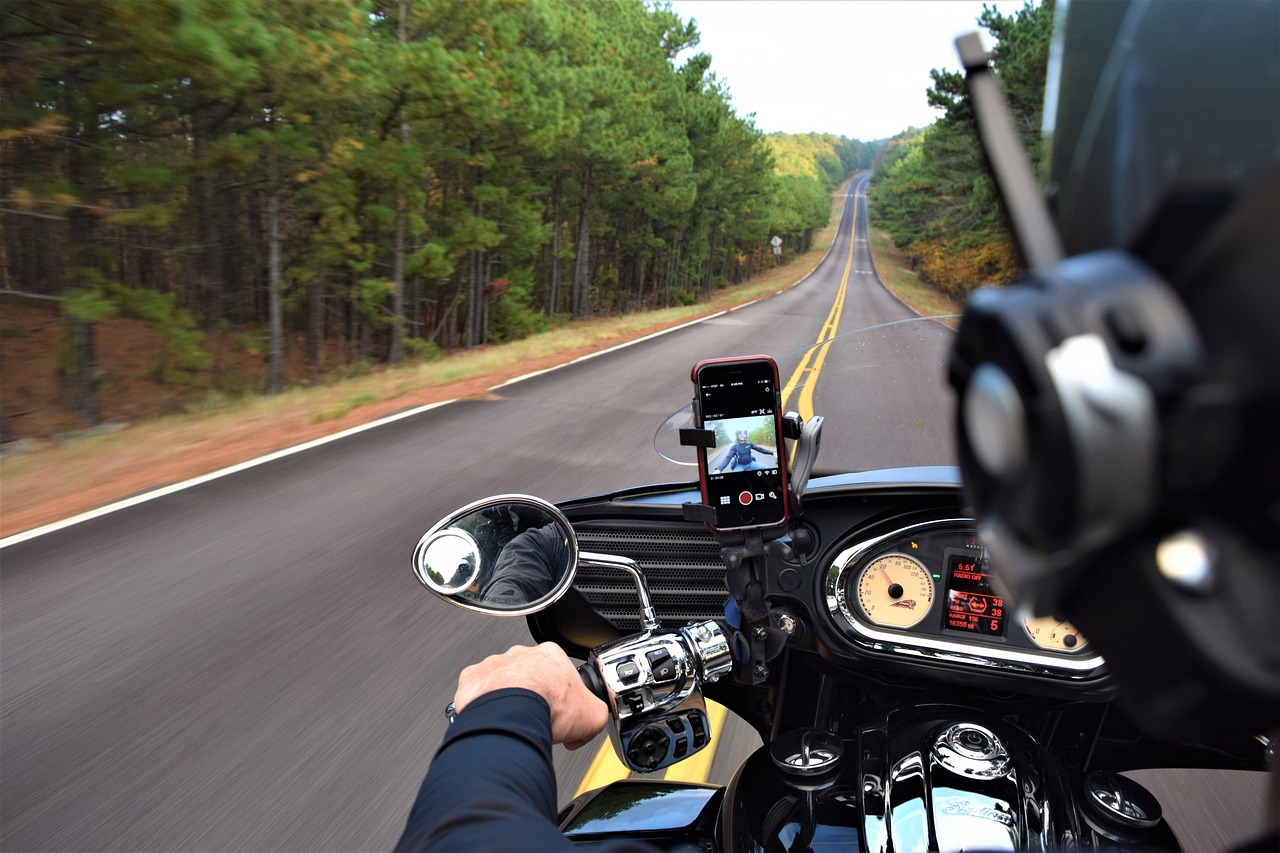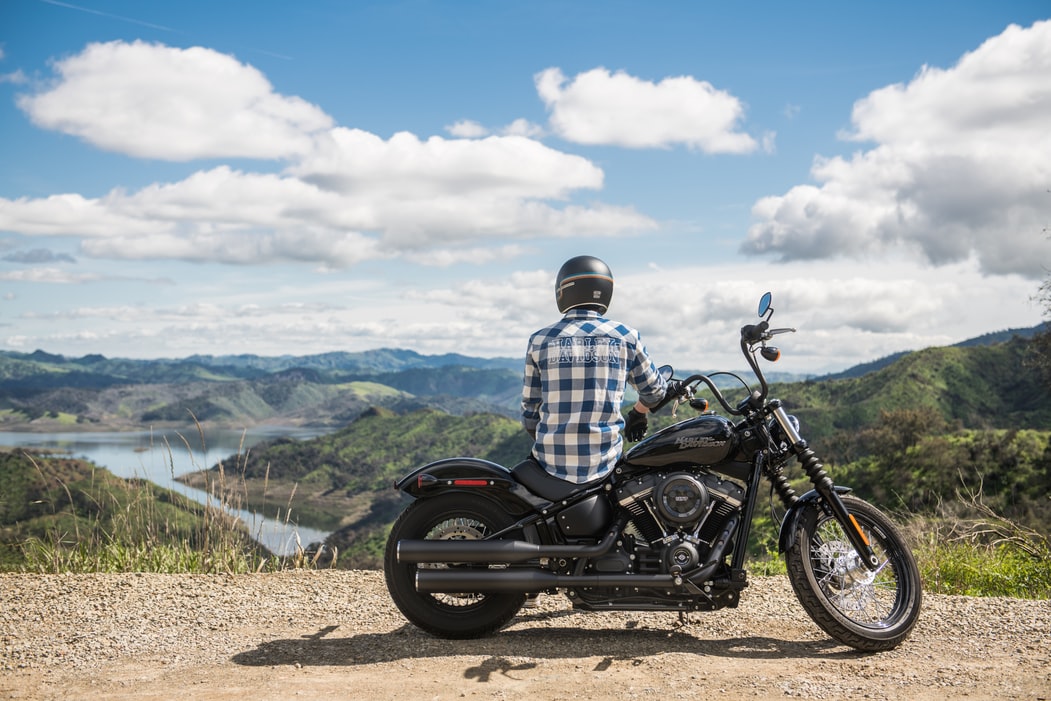Like any other sport, motocross isn’t untouched by injuries. Research shows that off-road riding puts the body under extreme stress. The risk of injuries is high if proper precautions aren’t taken. While most motocross injuries happen during races, injuries sustained during tricks or ‘big air” stunts are becoming more common since the introduction of FMX (freestyle motocross).
We have mentioned common motocross injuries in this article so that you know how to handle them if god forbid you get them in the future.
Take a look.
Wrist Injury
Broken wrists are common after a fall from an outstretched arm. A Colles fracture happens to the forearm’s radius bone, right above the wrist. This pain can be unbearable. When viewed from the side, the wrist shows a distinctive ‘dinner fork. The fracture can cause wrist swelling and the inability to use the hand. To confirm the diagnosis, a doctor must assess wrist fractures and take an x-ray.

Prevention
The best way to avoid wrist injuries is to keep your hands on the bike’s handles in the correct position. Moreover, you can avoid trouble by having a sensible race strategy based on your course assessment and the pre-race briefing. Note that bends and landing from jumps are the most common causes of wrist fractures. Wrist guards and other motocross gear are a must, as they reduce the chance of getting wrist injuries from falls.
Collarbone Injury
One of the most broken bones in the body is the collarbone or clavicle. Broken collarbones are most common after a rider falls off a bike onto their outstretched hands. The force that is transmitted up the arm can often cause collar bone breakage.
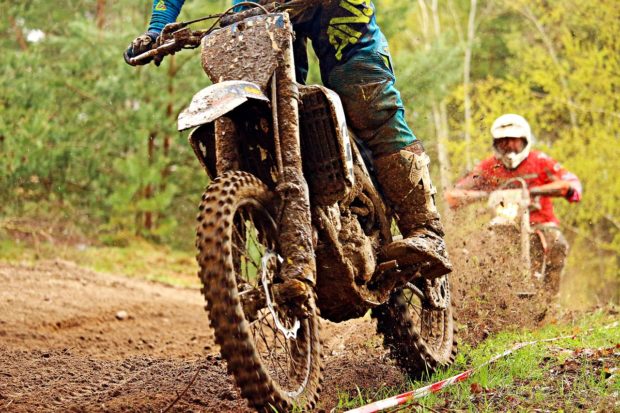
Prevention
Don’t fall! Motocross accidents account for more than 50% of all injuries. Be extra cautious when cornering. Also, be aware of other bikes and watch out for warning signs during riding. These are the potential hazards that could cause a crash or fall. Walking the track before the event is also important to identify potential track issues that can cause trouble.
Broken Ankle
Names for ankle fractures depend on where the fracture is located. The medial and lateral malleolus fractures may occur together or in isolation (bimalleolar fracture), as well as with fractures at the back of your tibia (trimalleolar fragments).
Broken ankles can occur from direct contact with other riders or your bike. It may also be caused by an awkward landing.
Prevention
You can’t do much about a bike that lands on your ankle. While riding sensibly may help, the most important thing to do is make sure you are fit enough to ride. You’ll be able to concentrate during the race and will make fewer mistakes if your body is working at its best. Fatigue is the leading cause of dirt bike accidents, so an ankle brace can help reduce the chance of ankle injury.
ACL Rupture
The anterior cruciate ligament (ACL) is a deep, inner part of the knee joint that connects the thigh and shin bone. It limits the forward movement of the leg with the thigh and stops the knees from rotating awkwardly.
The ACL injury happens while landing from a jump onto bent knees or landing with a knee extended. Without an ACL, riders may find it difficult to control their bike, especially when they are landing jumps.
Prevention
A quality knee brace can help reduce the chance of an ACL injury. You’ll know if you’ve ever been hurt in the knee during Motocross that it’s better to prevent an injury than treat it. So, a high-quality knee brace can be a great way to protect your knees.
Final Word
Injuries are undesirable in any sport. As different sports have different protective measures, so does dirt biking. Make sure you equip your body with the right protective gear like a full-face helmet, gloves, boots, chest and knee protector. Even after that, you must be fully focused while riding.
Good luck!

